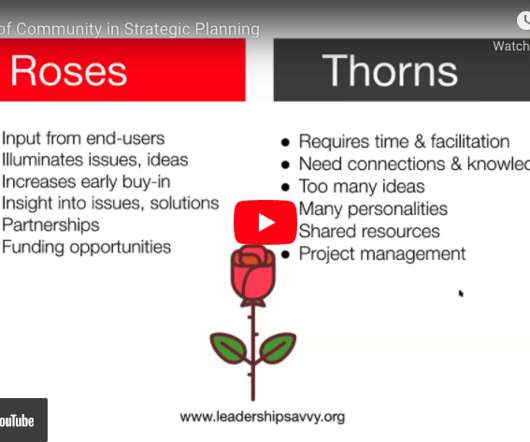Digital Divide Data: our Partner in Laos
Beneblog: Technology Meets Society
NOVEMBER 21, 2012
The DDD student staff people work half days at DDD, proofing textbooks to make them accessible to students with print disabilities. and ship the images and recognized text to Laos (and several other countries with other partners, including of course the U.S.). The head of DDD's Laos office is Ms. We scan the books in the U.S.,












Let's personalize your content